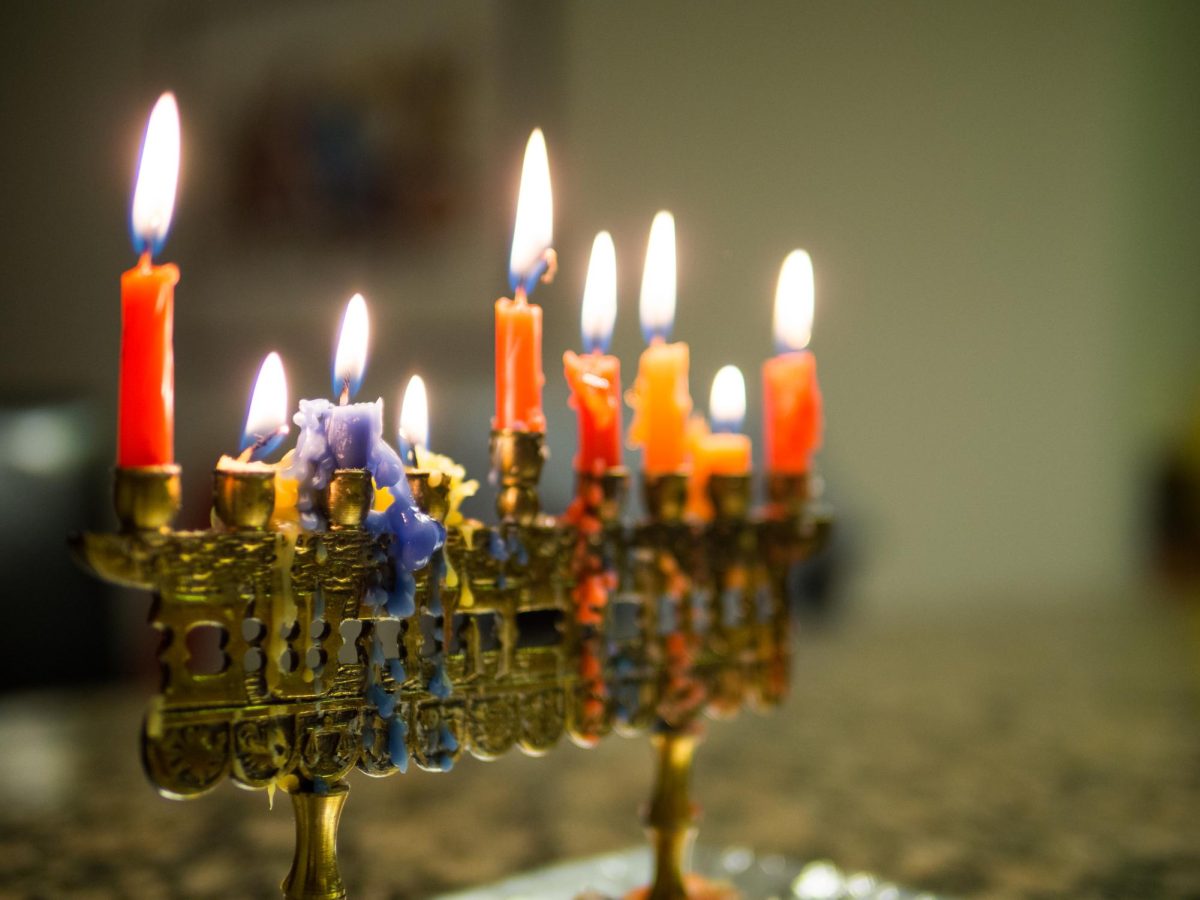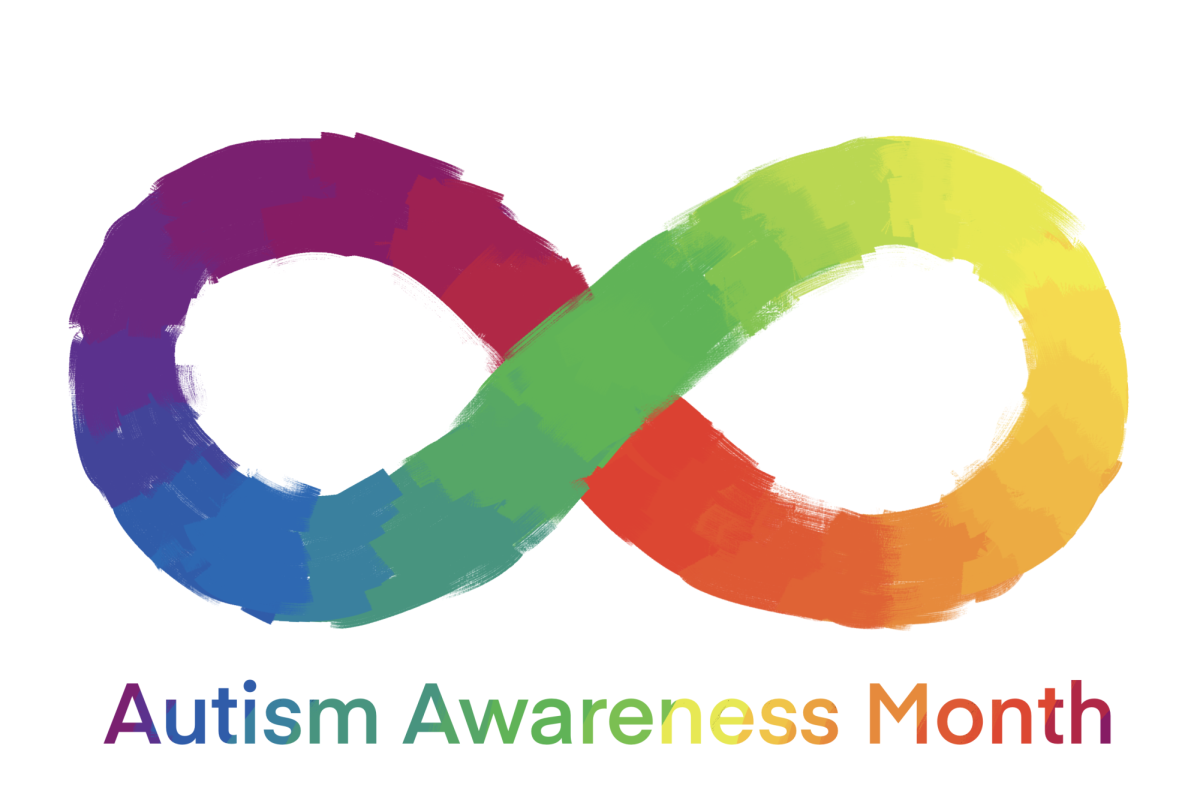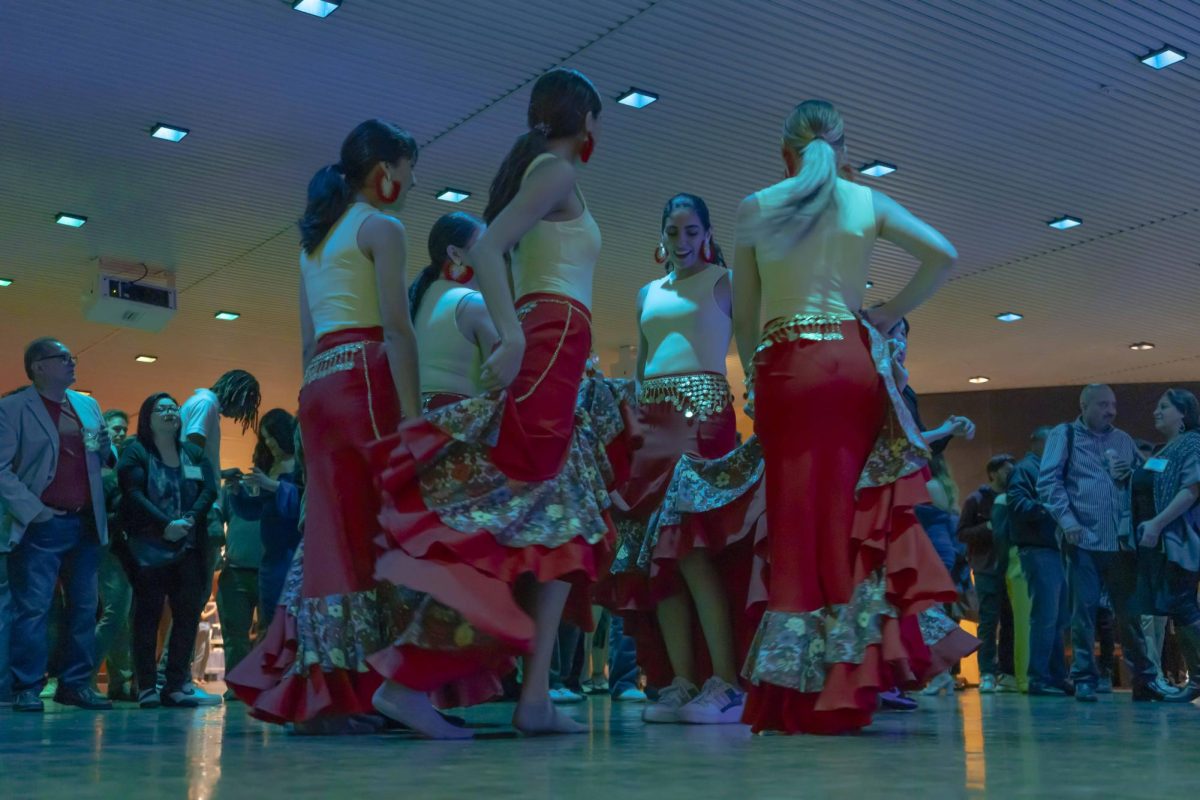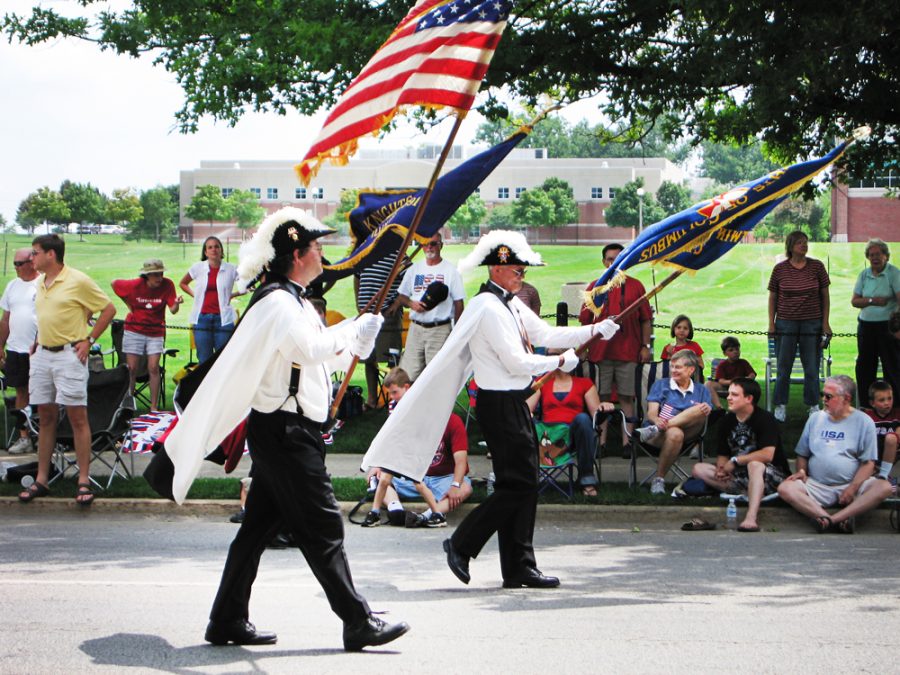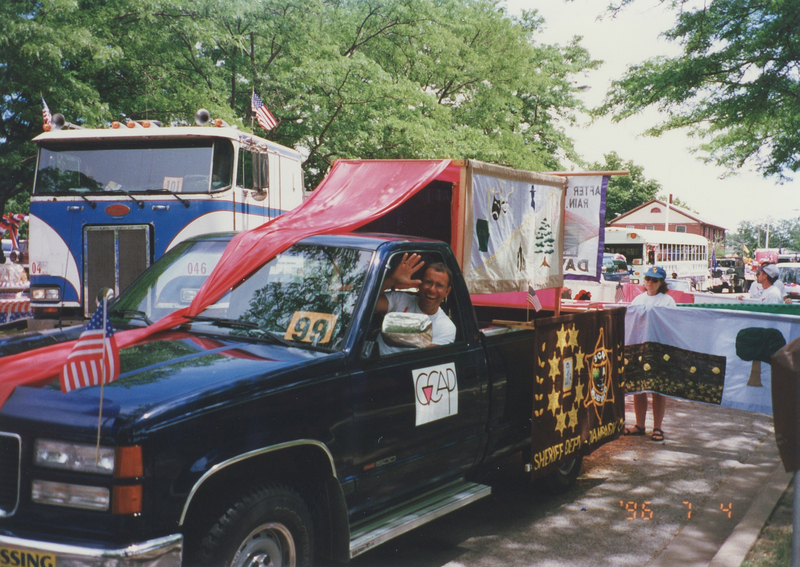On the nights from Dec. 7 to Dec. 15, Jewish families and friends reunited to celebrate the eight-day holiday known as Hanukkah.
Although commonly associated with gift-giving and the holiday season, its history represents the faith and resilience that continues within the Jewish community.
Under the Seleucid Empire in 168 B.C., Judaism was outlawed and thousands of Jews were massacred for practicing their religion.
Rabbi Alan Cook of the Sinai Temple explained these events led to a rebellion by a Jewish family called the Maccabees.
“They led a rebellion that ended up being successful,” Cook said. “The small against the mighty and it ended up being a sort of a remaining bastion of independent Jewish rule.
Get The Daily Illini in your inbox!
“The Maccabees were able to reclaim the temple and rebuild the altar defiled by Greek soldiers. The Jews also lit a menorah, a golden candelabrum with seven branches. They thought that they only had enough oil to light the lamps in the temple for one day. And it lasted for eight days.”
Ben Shapiro, president of the Illini Hillel Leadership Council and junior in LAS, explained the significance behind the long-lasting oil.
“It’s considered the Hanukkah miracle and considered to be a supernatural intervention,” Shapiro said. “If you believe in God, you believe that God made the oil last long enough to keep the light in the temple going.”
Centuries after the Maccabees’ victory, Jewish families continued to practice their religion and commemorate their history through Hanukkah.
When celebrating Hanukkah, the menorah is very significant to the lore of the holiday’s history, according to observers.
The menorah used in Hanukkah is a candle holder with nine branches. The ninth branch is positioned differently and is called the “shamash,” which means “helper.” The shamash is used to light the other candles first.
“The menorah allows us to recount the story of the oil lasting eight days,” Cook said. “And there’s a tradition to publicize the miracle to others by placing the lit menorah in a place where it can be publicly seen.”
Each night, a new candle is added to the menorah from right to left. Then, the candles are lit from left to right until the eight days of the holiday have passed.
As the candles are being added to the menorah each night, another tradition of Hanukkah involves eating fried foods.
“The most traditional food is a potato pancake, also known as Latkes,” Cook said. “They’re in regions of the world where flour and sugar and baking ingredients were more readily available.”
Latkes are commonly described as looking like hash browns and are usually eaten with sour cream or applesauce.
Samantha Levy, treasurer of the Illini Hillel Leadership Council and sophomore in FAA, explained that sufganiyot — jelly-filled donuts — are another type of fried food also eaten during Hanukkah.
“They’re like literally a Boston cream donut from Dunkin’ Donuts,” Levy said. “But normally over Hanukkah, you’d fill it with jelly and it’s delicious.”
Cook emphasized how these fried foods are significant to Hanukkah.
“Frying foods and oil reminds us of this story alluded to earlier, of the miracle of the oil that was meant to last one day,” Cook said.
Another tradition in Hanukkah with historical meaning is a game of spinning the dreidel with gold chocolate coins to gamble with.
Cook explained the game was historically created as a diversion to be able to study the Torah in secret.
When someone associated with the Seleucid Empire came by, Cook explained that Jewish people would hide their scrolls containing their religious teachings.
“You tuck the parchment scroll under your arm and you take out the little tops and you say ‘No, no, no, we weren’t studying, we were just playing a game,’” Cook said.
There are four letters on each side of the dreidel which stands for an acronym. The acronyms on driedals sold in Israel spell out “Nes Gadol Haya Po,” meaning “a great miracle happened here.” This refers to the miracle of the oil lasting for eight days, which happened in Israel.
Shapiro explained dreidels sold anywhere else will have a different last letter which spells “Nes Gadol Haya Sham.”
“Dreidels outside of Israel all have four letters and it’s essentially an acronym that translates to something like ‘A great miracle happened there,’” Shapiro said. “I think it’s a really cool kind of aspect of the holiday, depending where you celebrate it whether you’re in Israel or not in Israel.”
During Hanukkah, Shapiro explained the Illini Hillel Leadership Council plans events for Jewish students on campus.
“We host a variety of events, including dinners outside, you know, a Hanukkah-themed Shabbat dinner,” Shapiro said. “Shabbat is a Jewish Holiday from Friday night to Saturday night.”
He also explained the Leadership Council hosts latke parties where they make around 500 latkes for Jewish students to enjoy with hot chocolate.
Cook explained the significance of Hanukkah and what it symbolizes for the Jewish community.
“It sends this beautiful message of light symbolizing hope and in times of darkness and despair, how we can bring brightness and opportunity and hope for the future,” Cook said.
Levy described Hanukkah as representing the perseverance of the Jewish identity regardless of any obstacle.
“It shows kind of the long-term tradition of the Jews continuing to exist against all odds, no matter how much antisemitism exists in the world, no matter how much you know Jewish hate exists,” Levy said. “It doesn’t matter because it is our responsibility to continue to exist and be the next generation of Jews and do good in the world.”






